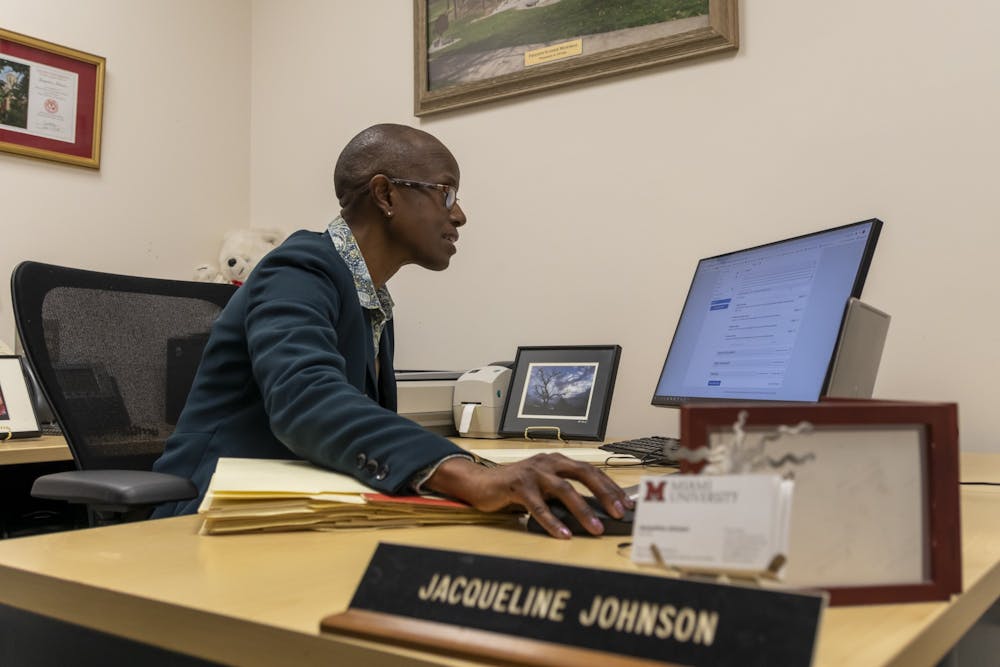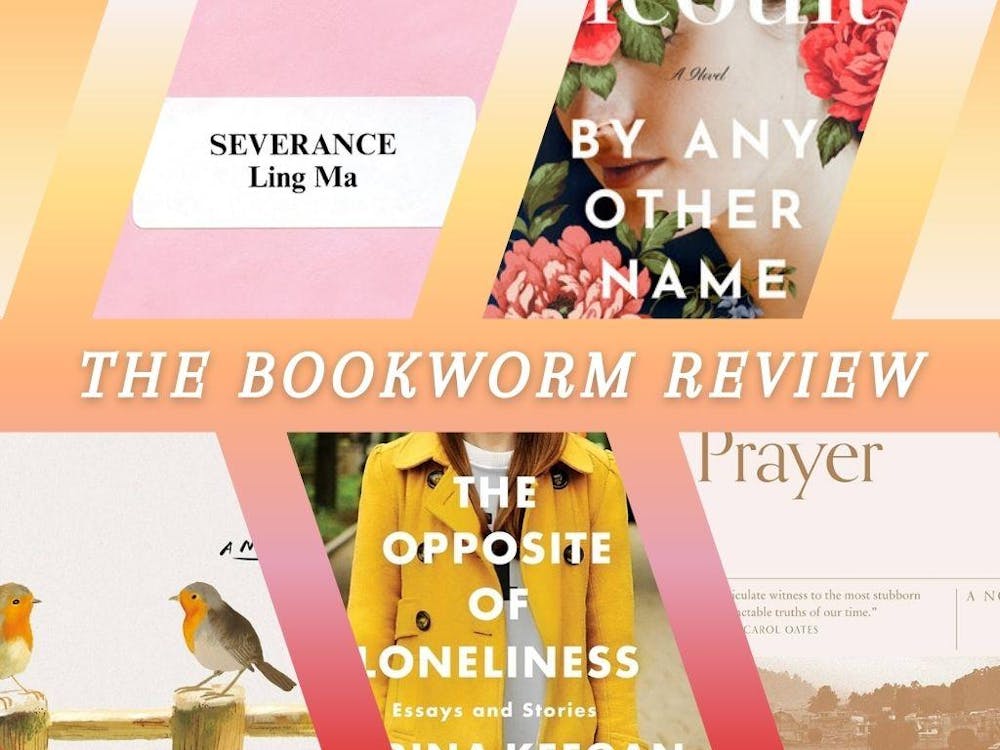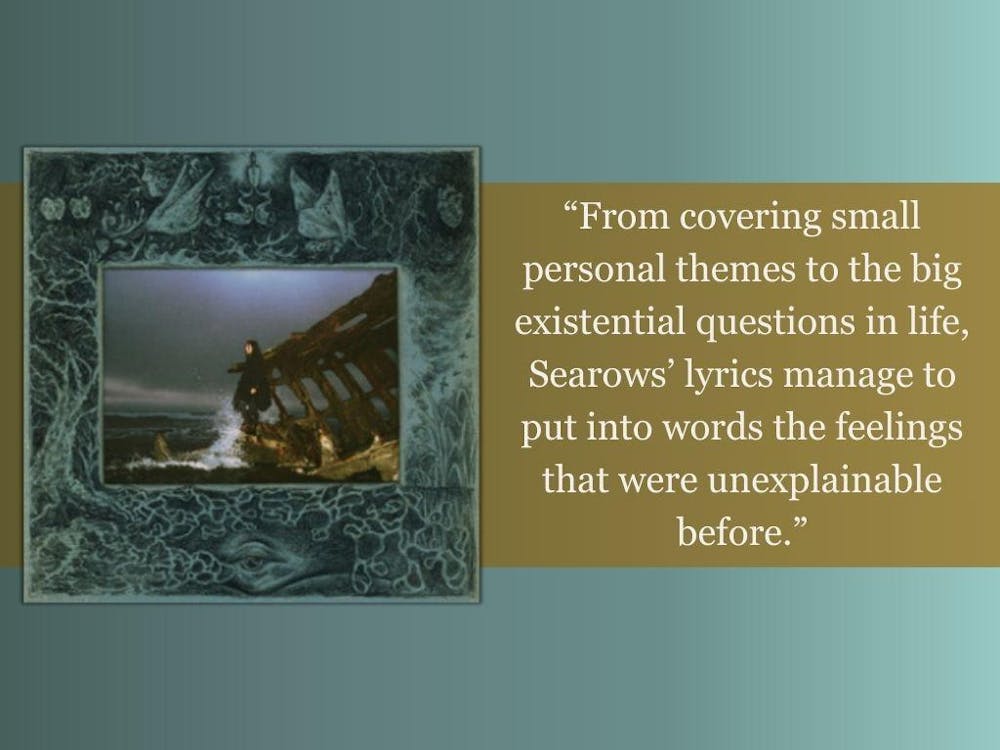After seven years of work, “Training for Freedom,” a documentary highlighting Oxford’s involvement in the Freedom Summer of 1964, premiered on PBS Western Reserve on Valentine’s Day.
Richard Campbell, professor emeritus of journalism, said the film was conceived during the 50th anniversary of Freedom Summer while he was the chair of Miami’s Media, Journalism and Film department.
“The actual, original idea was from Patti Newberry, who’s the head of the journalism program,” Campbell said. “And at that time, we had just hired documentary filmmaker Kathy Conkwright who wrote and directed it, and did most of the research and a lot of the interviews for the documentary.”
The film chronicles the summer of 1964, when roughly 700 young adults journeyed to Oxford, Ohio to train with organizations such as the Student Non-Violent Coordinating Committee (SNCC) for the Mississippi Freedom Summer Project. For two weeks, they gathered at the Western College for Women, which is now Miami University’s Western Campus, learning about voter registration and how to prepare freedom school teachers.
Although they didn’t see much success registering voters, the events of Freedom Summer helped pass the Voting Rights Act of 1965.
During the first week, James Chaney, Andrew Goodman and Michael Schwerner, attended the training sessions. Before the second week, Chaney, Goodman and Schwerner left to investigate a church that had been burned in Mississippi. On June 21, 1964, the three men were murdered by the Ku Klux Klan.
’
David Sholle, a professor of Media and Culture, also worked on the film as an editor. John Woodard, part of Miami’s legal staff, and Carla Myers, a librarian for the university, assisted in making sure they had clearance to use certain images, music and videos in the documentary.
Jacky Johnson, university archivist, helped with the project as one of the film’s co-producers. Johnson created the film’s landing page and marketed it to local television stations throughout Ohio before PBS Western Reserve agreed to air the documentary.
Now, Johnson is trying to spread the film throughout the country. She says the American Public Television will decide at a future meeting whether or not the film will show nationally on PBS stations. If the organization agrees to air the documentary, Johnson says the film could have a large impact.
“People would have a chance to learn more about Ohio’s connection to the Civil Rights movement,” Johnson said. “They would have a connection to learn more about Western College’s … contribution to the Civil Rights movement. It would also give people firsthand accounts of the events that happened at Western College and acknowledge the death of James Chaney, Andrew Goodman and Michael Schwerner to kind of give them their place in history.”
The latter half of “Training for Freedom” deals with the reactions to Chaney’s, Goodman’s and Schwerner’s death through old footage and interviews.
Enjoy what you're reading?
Signup for our newsletter
“A visual medium often can show emotion and power, some of the things that are harder to show in the printed word,” Campbell said. “It’s in the word documentary: the idea that you can document things that have happened by not only providing proof but visual testimony through the interviews and the research that goes into any good investigative work.”
Johnson added that historical documentaries are especially important for people who didn’t get to witness events like this.
“If done right and historically accurate, documentaries tell the story for those people who have never lived in that period,” Johnson said. “A film tells a story by using the music, the interviews, the photographs — that’s powerful.”
Andy Rice, a professor of film studies at Miami, helped with “Training for Freedom” by contributing drone shots to the documentary. Rice also worked on another film about Freedom Summer with one of his classes.
The film, titled “Reading Freedom Summer,” had students and community members read letters from the people in Oxford during the summer of 1964. The film premiered in 2019 at the National Underground Railroad Freedom Center in Cincinnati for the 55th anniversary commemoration of Freedom Summer.
“The history of the Civil Rights movement, I think, is, in this country after the 1950s, the most significant thing that happened in the United States,” Rice said. “All of the major social movements of the 70s and 80s came out of the Civil Rights movement.”
Rice’s history with documentaries goes far back in his film career.
“That’s kind of my start, was as a documentary filmmaker,” Rice said. “Really making films that were more centered in sensory experiences of everyday life, paying dignity to things that don’t get a lot of attention. Not necessarily to persuade but more to enrich our understanding about difference and otherness.”
Both films were released over 50 years after the events they document. Campbell said the reason these films weren’t made sooner is because documentaries haven’t always been a prominent form of media.
“They certainly have been a medium which was kind of on the edge,” Campbell said. “Until Michael Moore's documentary on the auto industry back in the early ’90s … they were kind of marginal. But I think with all the streaming services and the amount of content that’s now available and the support for content, you see many more documentaries. And I think documentaries are particularly important today, because for some people, it’s the only way they find out about stuff that’s important.”
The timing of “Training for Freedom” also aligns with recent controversies surrounding the enforcement of the Voting Rights Act. Johnson says the film is especially important now.
“I don’t want the film to become a political thing with one party against the other,” Johnson said. “But I think … that we all can agree that everybody should have the right to vote. That everybody should have a free and open election. That everybody should have the right to make a decision about the community. Because, see, when you can vote that gives you freedom. It gives you an opportunity to make decisions about your community.”
Rice added that throughout working on “Reading Freedom Summer,” he kept the political relevance of voting rights in mind. He said that since the Voting Rights Act of 1965, additional Supreme Court rulings have limited its validity and made it easier for states to restrict voting rights.
On Feb. 7, 2022, the Supreme Court decided to hear arguments in October of this year about a case involving an Alabama congressional map that was drawn by Alabama Republicans. A lower court had reviewed the map and found that it weakened the power of Black voters in the state.
“A variety of states that had been constrained in the kinds of practices they could employ to restrict the vote began to dial those back up again,” Rice said. “We’re going to see it in this next election. So the tie-in to voting in the contemporary moment seemed urgent in some ways.”
Johnson believes that the film is especially important for students at Miami. The average Freedom Summer volunteer was a college-aged student who wanted to make a difference, an important message for students today.
“I’m hoping that the university will make that decision that every first-year student at Miami or every incoming student will be able to view this film,” Johnson said.
Jayne Brownell, the vice president for Student Affairs, said the university has no current plans for the film but is trying to integrate it into freshman classes.
“It’s a great project, and the planning group for UNV 101 is looking for ways to incorporate the documentary,” Brownell said. “Given the amount of content in a one-credit class, I’m not sure what is possible, but they are talking about options.”
“Training for Freedom” is currently available to view for free on PBS Western Reserve’s website. Johnson said she hopes viewers ask themselves one question as they watch the film.
“If you had the opportunity to make a decision about helping people and sacrificing your life for the good of others, especially for voting rights,” Johnson asked, “Would you do that, and could you see yourself in the film? And hopefully, you’d say yes.”




